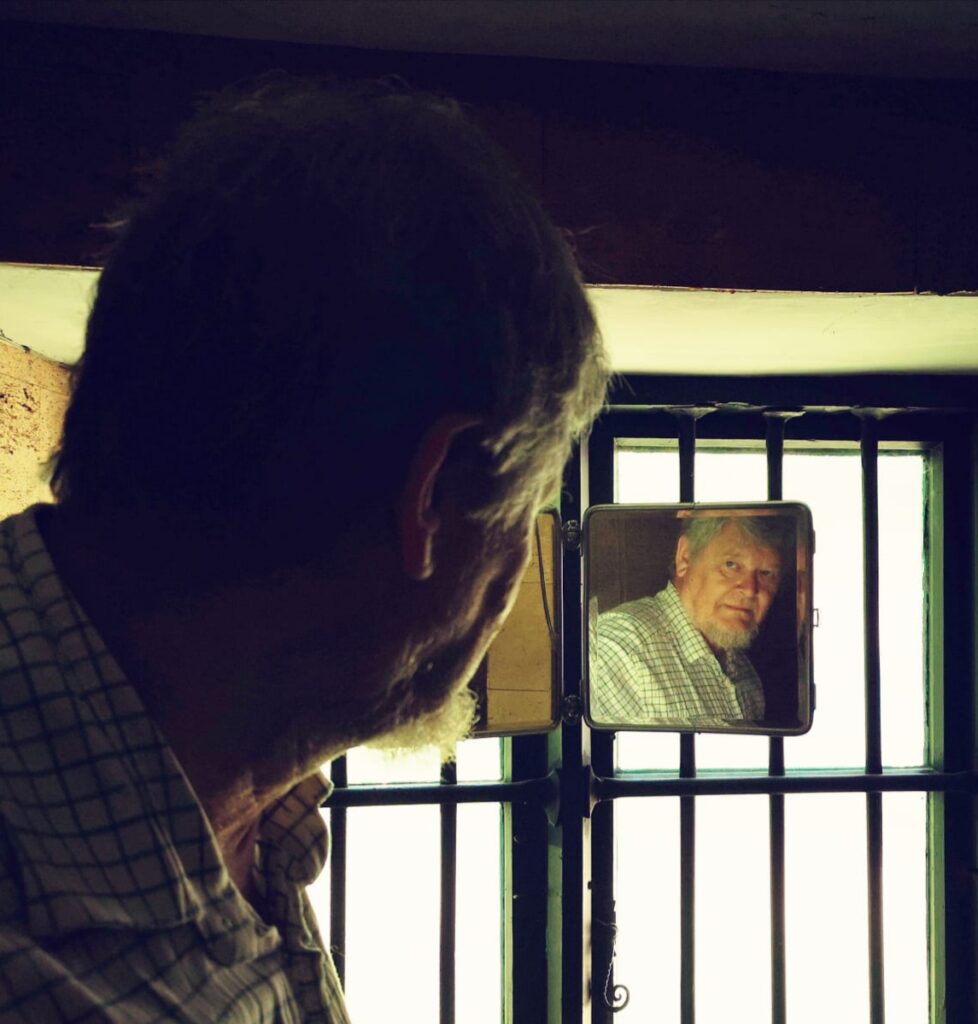21 July 2022
Grey Days
by J.R. Thomas

In 1963 Harold MacMillan, bothered by the Profumo scandal, frightened half to death by his doctors that his life was hanging by a thread, and disquieted by the opinion polls that he was unlikely to win the approaching next election, decided to resign. We don’t know if he could have won, but the expert opinions turned out to be a bit wrong; Supermac lived on hale and hearty, until 1986 when he died at the age of 92. In many ways he was like a polished version of our present departing Prime Minister, an actor manager, a bit of a chancer, and a man to whom the rewards mattered more than the cause. But his exit gave him an opportunity that Boris lacks, an ability to considerably influence the selection of his successor, and thus protect his legacy. Macmillan’s main ambition was to ensure that RA Butler, a leading cabinet minister who he cordially disliked intensely, did not get the PM role. Mac’s preferred choice was the younger, bright, but over ebullient Quintin Hogg, a man of the opportunistic middle way, as was MacMillan. But Hogg made the mistake of looking too ambitious and exciteable (a gentle reticence used to be thought seemly among Tory Party members) and it seemed that Butler would slide elegantly into Downing Street. Not if MacMillan could help it; he manoeuvred magnificently so that it was the 14th Earl of Home whom Buckingham Palace called to kiss hands and take on the job. Home had to renounce his title for life and history knows him best as Sir Alec Douglas-Home; he held the job for just a year but almost won the 1964 election, a remarkable feat.
Readers may be a little perplexed by some of the details here. Wot, no multi tiered talent contest? No votes of Tory M.P.’s or final selections by Conservative Party members? No TV debates or public lobbying? Not even a public declaration of principles and ambitions? No, none of this. There were some very discreet conversations among senior Tories in the Commons and Lords, a careful sounding by the Chief Whip of M.P’s whose opinion were thought important, some telephone calls to a few Conservative Association chairmen. The party in the country, if anybody had done such a strange thing as holding a vote, would almost certainly have gone for Hogg, Butler being thought remote and too clever. Lord Home hardly figured on anybody’s little list – except that of MacMillan.
But the grey suits, the grandees, disliked and distrusted Hogg and his flamboyance; they persuaded the PM that he would not do. Home was the compromise; a low-key middle of the roader, intelligent but wise enough not to show it. His experience was almost entirely (and very successfully) in foreign affairs, but in a party that distrusted academics and especially economists Home came over rather well (he reputedly said he had to do economics using his fingers). And he pulled off a remarkable feat by almost winning the 1964 election against the young and trendy Harold Wilson and his new Labour team.
But Home did one thing that at the time was seen as a sensible modernisation; readers may be begging to differ after the events of this summer of 2022. He introduced a procedure by which the leader of the Conservative Party (and thus, if in government, the Prime Minister) should be selected by a vote of party members in the Commons. He was determined that the back stage manoeuvrings that had brought him to power almost as an unknown, and as a member of the House of Lords (Home was in fact Prime Minister for three weeks without being a member of either House as he disclaimed his earldom and then had to stand in a hastily arranged by-election) should never happen again.
In 1965 Edward Heath became the first Tory leader selected by M.P.’s, and in 1975 he was defeated by Margaret Thatcher in a leadership contest. Since then what seems to have evolved as the ever widening electorates learned how to game the rules, is that leaderships have become shorter and shorter (and some of us may think, the winners less distinguished). More complex multi-stage winnowing of the candidates does not seem to have led to any improvement in quality of the aspirants; rather the reverse. It seems unlikely now that a 14th Earl would be chosen by anybody; yet Home does seem, with the benefit of hindsight, to have been the right man for the job. Were Theresa May or Ian Duncan Smith or John Major or even dear old Boris, right for the job? And, of course, the ability of the masses to rise up and revolt on the steps of the forum makes it very difficult for any leader with a commitment to fundamental change to stay around long enough to deliver it. That was the sad fate of the Tory’s perhaps greatest never Premier, William Hague, who fell on his sword before he was pushed onto it, and more dubiously of that self-claimed great reformer David “Dave” Cameron who tripped over his own feet at the Referendum and sulked off, knowing his fate.
Which bring us to the great caucus race of 2022. Put yourself into the mindset of a man in a grey suit (or in a T shirt and jeans or a woman in dungarees or flowery dress; or any mix n’match thereof). No elections; you and a few mates have got to come up with a new Conservative Party leader and quick, somebody acceptable to the parliamentary party, to the constituency associations, and preferably an election winner by 2024. So who is to be? The ex-army officer who has never held a senior ministerial job? The billionaire? The navy reservist with a confused philosophy? The Thatcher wanabee? The rising star with a dream? Too late for the law officer and the two self-made men, they are out. There were on Tuesday morning only two choices really, weren’t there, and the billionaire, though in many ways ideal and very nice, is too easy to attack in a jealous society. So the grey suit choice is easy, isn’t it? But do you think that this death by vocal combat system will produce the right answer? It is possible but it is unlikely – and getting there has been extraordinarily destructive and, worse, revealing of the dearth of talent in the Conservative Party (not that the other parties are any more impressive).
It should have been Kemi, of course. Future generations will wonder why it wasn’t. Is the decision that the Conservative Party must make any better than the one any grey suit would reach in ten minutes in an armchair at the Carlton Club?


